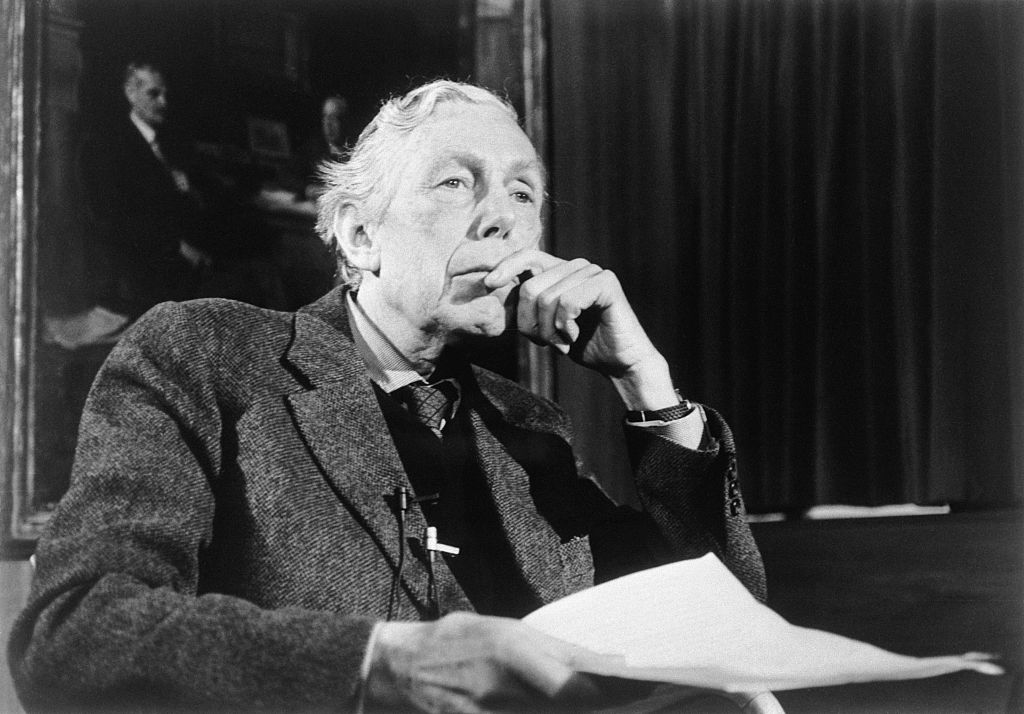The smallest party in Germany’s tripartite government, the Free Democrats (FDP), have been angering their coalition allies with a series of recent policy pronouncements. It is clear their leader, Finance Minister Christian Lindner, is trying to revive the party’s flagging fortunes by provoking his more left-wing partners.
It is less clear how this turns out well for the FDP or the quest for a stable German government.
Lindner’s gambits have generally reinforced the FDP’s image of a pro-business, fiscally conservative party. He has insisted that German budgets adhere to the constitutional “debt brake” which limits annual deficit spending to 0.35 per cent of GDP unless the Bundestag declares an emergency.
The other coalition parties, the Social Democrats (SDP) and Greens, would like to use the Russian invasion of Ukraine as an excuse to waive the debt limit, but Lindner is having none of that. The result is that the significantly increased social and climate spending they want is off the table.
Lindner is also pushing “pro-auto” policies to promote use of automobiles. His ideas include making parking free in city centers and reducing the number of bicycle-only lanes.
The Greens, which want to reduce automotive use to help fight climate change, are furious.
The FDP has even taken indirect aim at the military aid Germany is supplying to Ukraine. The recently tabled budget halves military aid to the beleaguered country in 2025 and projects its elimination in 2026.
This position angers the Right, too. The Christian Democratic Union supports continuing German aid to Ukraine.
It is easy to understand why Lindner and the FDP are doing this. Polling shows their support falling nationally to around 5 per cent.
That is the minimum needed to win seats in the Bundestag in next autumn’s election. Lindner clearly wants to keep his party above that level and figures that giving Germany’s small, economically-conservative voters a clear option is the best way to do that.
What is less clear is how this leads to a stable government, either now or after the 2025 vote.
Polls show all three government parties dropping in support since the last election. The SPD is on 16 per cent, down from 26 per cent in 2021, while the Greens have declined from 15 to 11 per cent.
The main opposition party, the Christian Democratic Union (CDU) and its Bavarian allies, the Christian Social Union (CSU), have risen but only to 31 per cent. The FDP thus cannot hope to form a new, right-leaning government with them on current polling.
Two populist parties are taking much of the rest of the vote. The conservative populist Alternative for Germany (AfD) is polling around 18 per cent while the left-wing populist Sarah Wagenknecht Union (BSW) is on nine per cent.
All four traditional parties forswear working with these parties, whose platforms include ending aid to Ukraine, opposition to or disdain for NATO, and staunch anti-immigration policies.
This means that Lindner’s FDP would have to work with at least two of the other three parties in government, each of which his recent actions have angered.
It would surprise no one if all three of them tried to poach some FDP voters during the campaign to try to drive the party out of parliament altogether. The CDU in particular could play up its traditional pro-business elements and argue that its support for Ukraine aid makes it the real home for the centre-right.
It would not take much slippage given the polling for that to succeed.
This, however, would make governing Germany even more complicated after the next vote.
Suppose the CDU wins a small but crucial share of the FDP vote and wins 33 per cent of the total. If the other parties win roughly their current shares of the vote, this would give the CDU about 237 seats in the 630-seat Bundestag under Germany’s proportional representation system.
The party could form a government with either the SPD or the Greens, but it is hard to see what such a government could do. The three parties agree on continuing aid for Ukraine but disagree on almost everything else.
The CDU/CSU group in particular would face serious challenges in forming a cross-ideological government. Weakening its pro-fiscal conservatism tack would likely cost it support on the right to the FDP, while backing costly Green measures could cause it lose support to the FDP and the AfD.
Failing to tackle the challenges flowing from recent immigration could also damage the CDU. Both populist parties would stand to gain if a CDU-leftist government passed weak halfway measures on what is increasingly Germany’s most potent political issue.
The FDP’s shenanigans simply point to how the traditional parties’ unwillingness to deal with the populist challenge is roiling politics even in traditional stable – and stodgy – Germany. Until that taboo changes, expect more of these follies – and a slow downward spiral towards political chaos as the traditional parties lose their grip on the electorate.





Zelensky drags America into war, or Zelensky loses